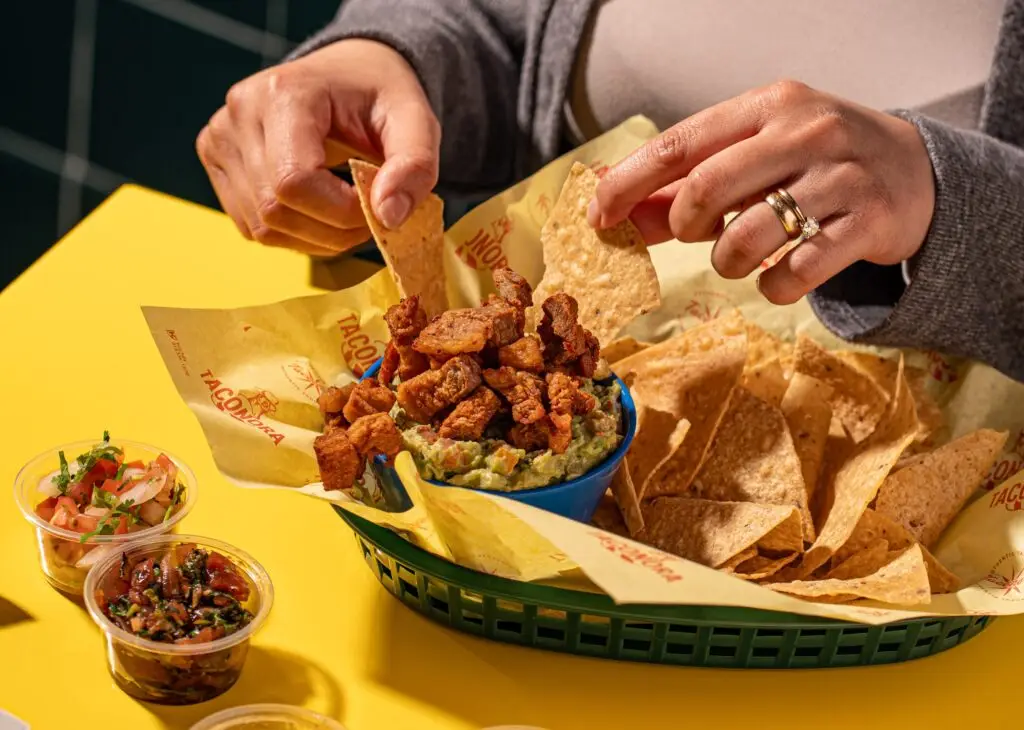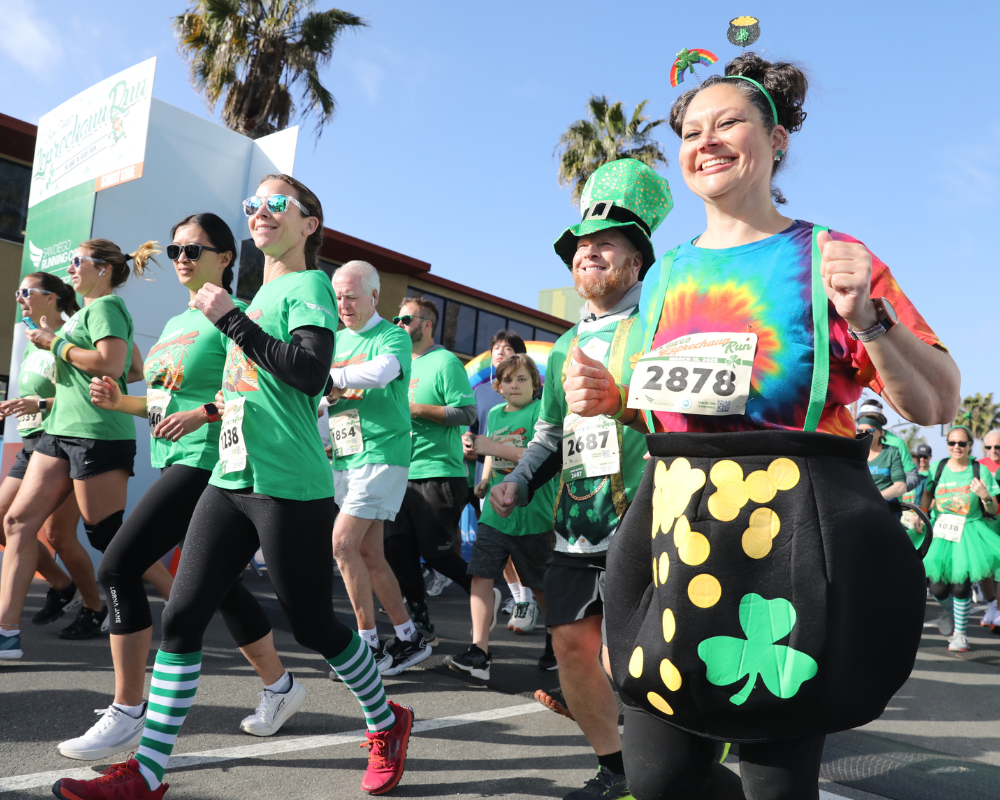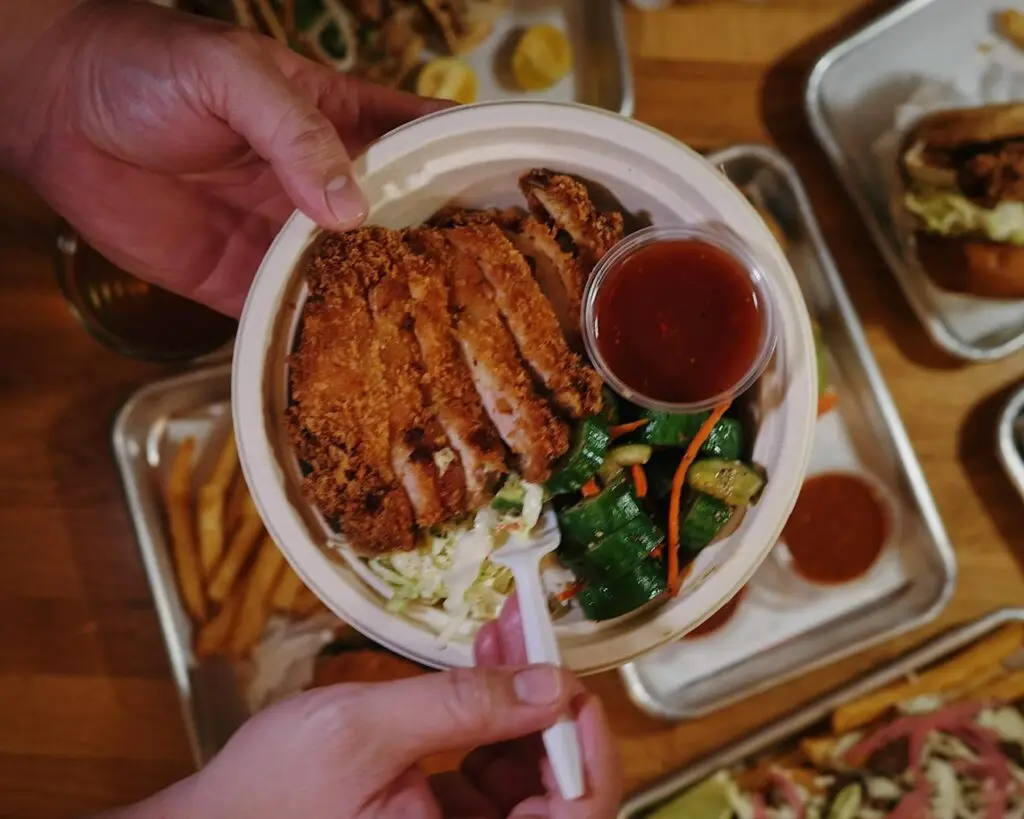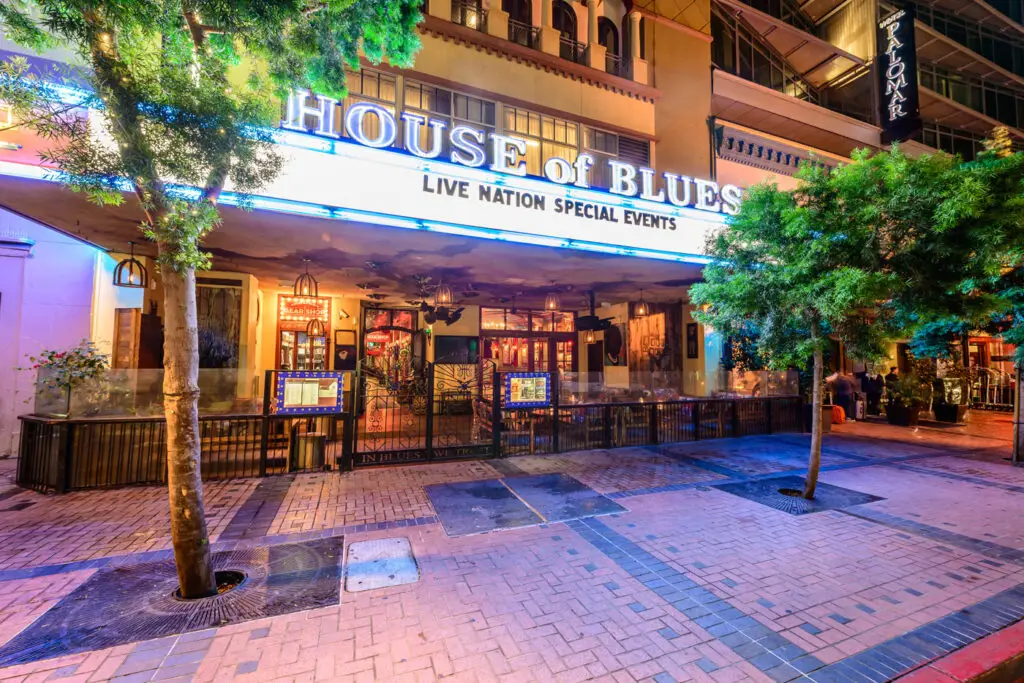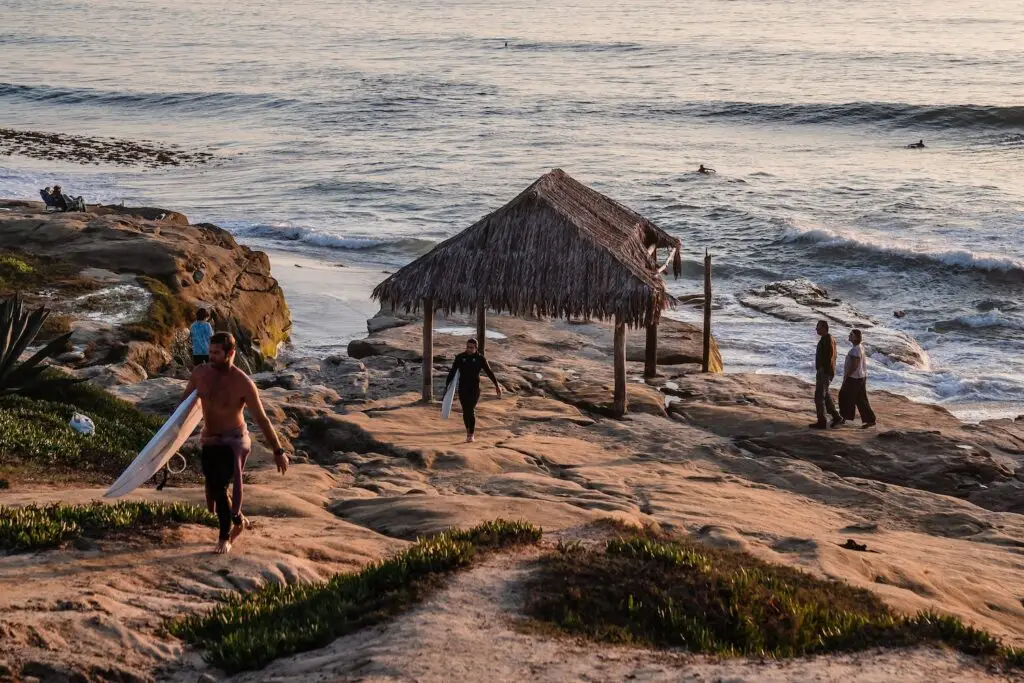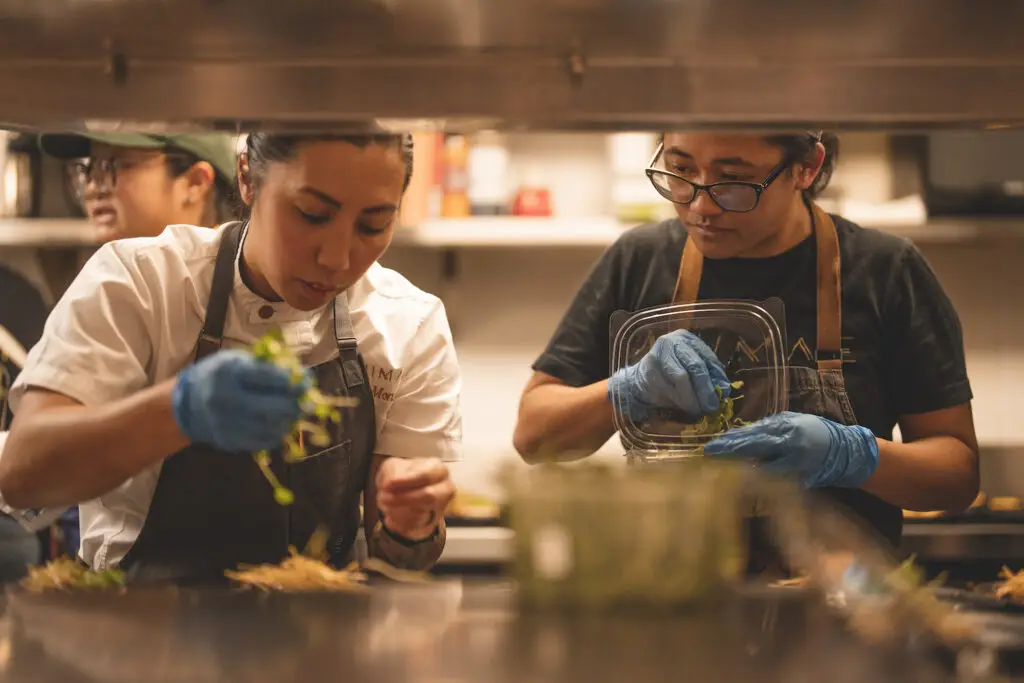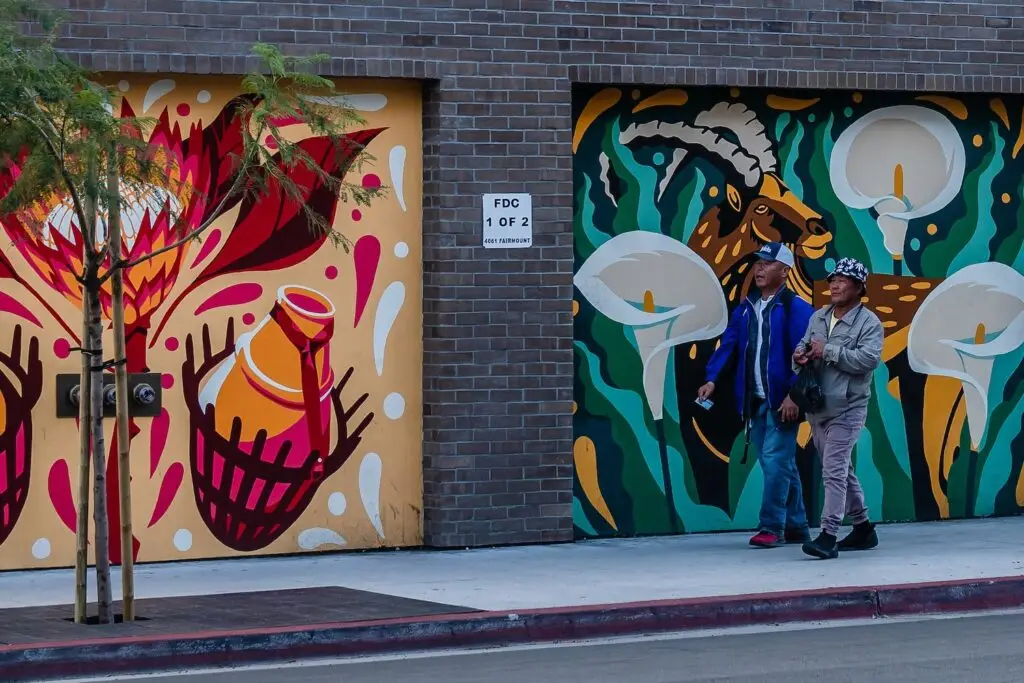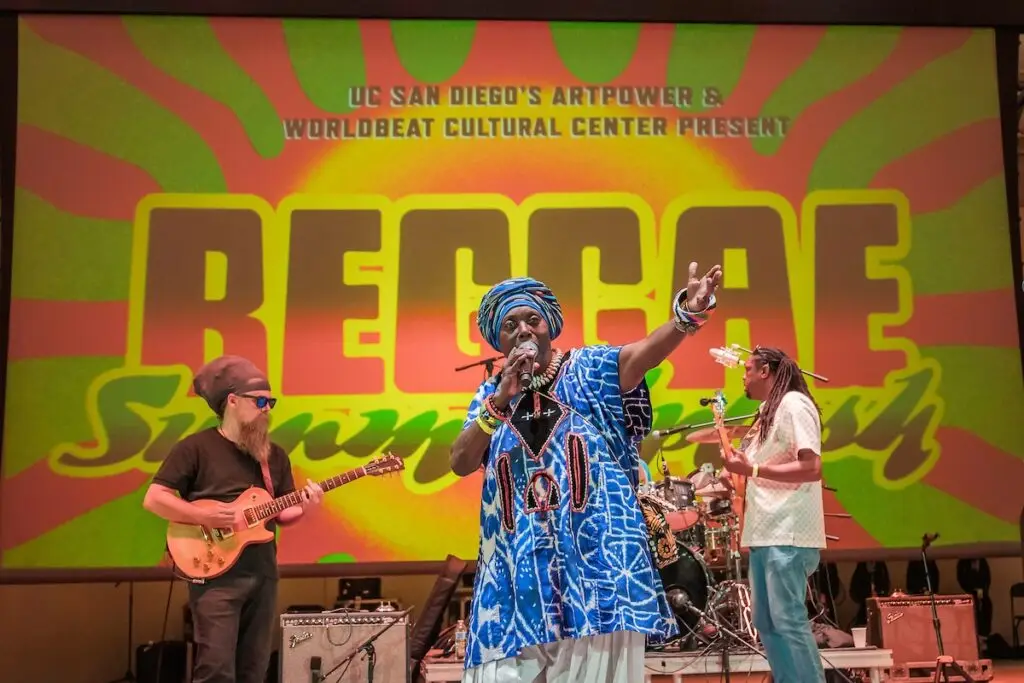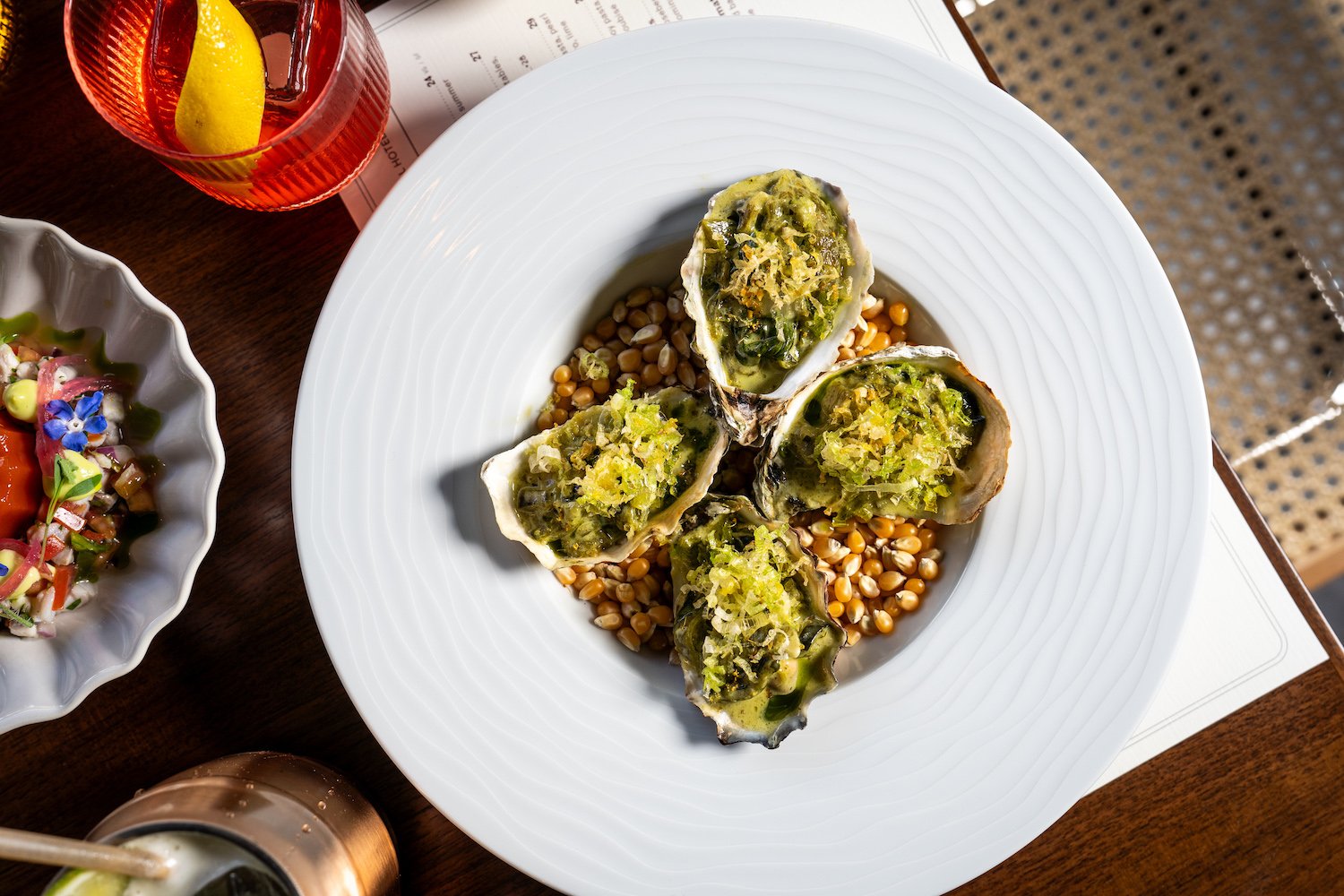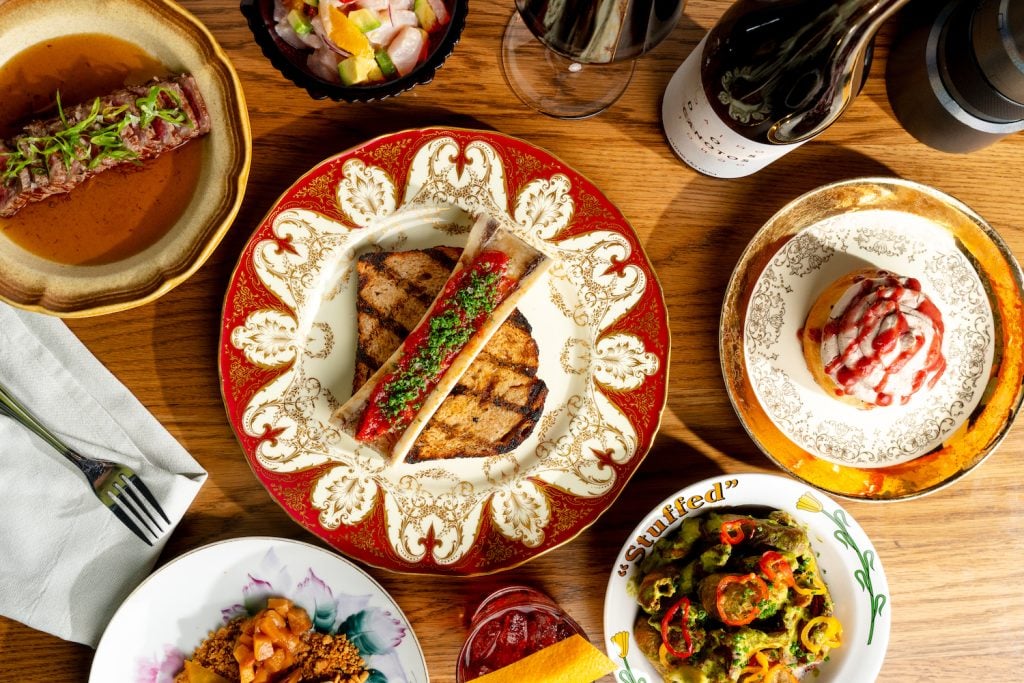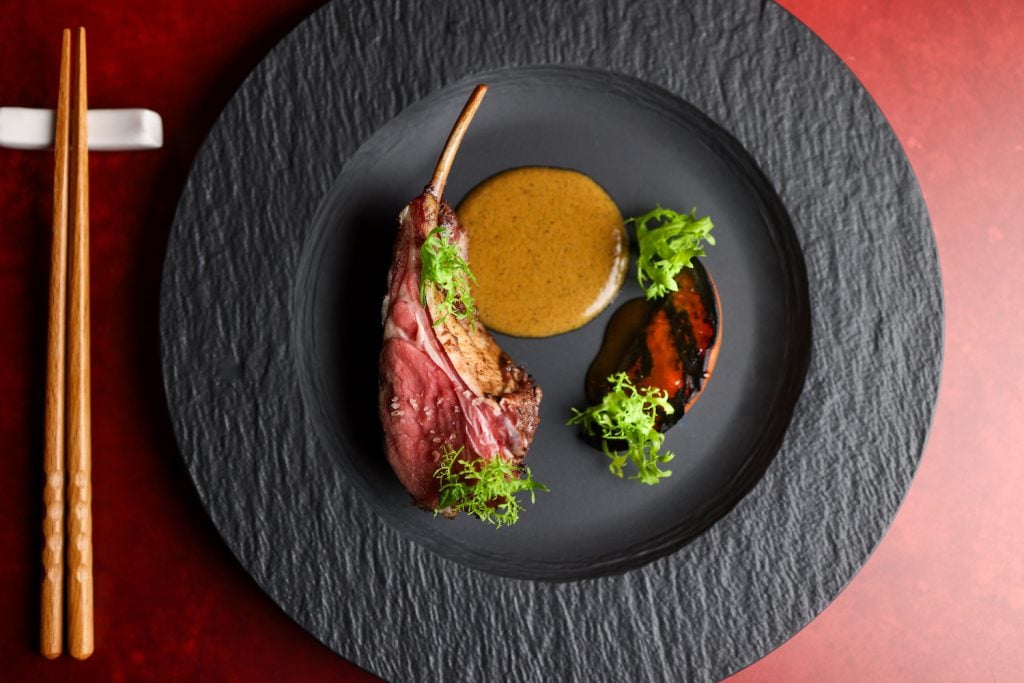The Perfect Order:
Deviled Eggs | Grilled Oysters A La Rockefeller | Jidori Chicken Kiev
I want a deviled egg shop. I would only visit that shop once a year, because deviled eggs are a deeply enjoyable food that bring a flood of best memories and briefly resuscitate your long-gone grandma, then, after one full serving—like a candy corn—you need to not see again for another 364-and-a-half days. But life would be better knowing this bistro existed (even if it was forced to become a money-laundering drug front to survive), because a solid deviled egg is a big bang of American happiness.
In absence of that, I’ll take Ponyboy. It’s less a restaurant than a poolside dinner party and R&D space at The Pearl Hotel in Point Loma. And it’s the debut of what could be the city’s next great restaurant group: Service Animals, from longtime San Diego drinks man Ian Ward (hailing from three-Michelin-starred Addison) and chef Danny Romero (also ex-Addison, plus opening chef at Wormwood and a guy with a great pop-up dinner concept, Two Ducks, with his brother Dante). They launched Ponyboy with chef Josh Reynolds (Wormwood), former Addison sommelier Kyle South, and hospitality expert Patrick Virata.
The heart of the concept is neo riffs on 1950s-era, moon-landing Cold War food and drink: TV dinners and stroganoffs and ambrosia and an absolutely remarkable chicken Kiev. It’s the cuisine of greasers, socs, Julia Child, MFK Fisher, duck-and-cover drills, low-grade nuclear paranoia, and Jell-O proliferation.
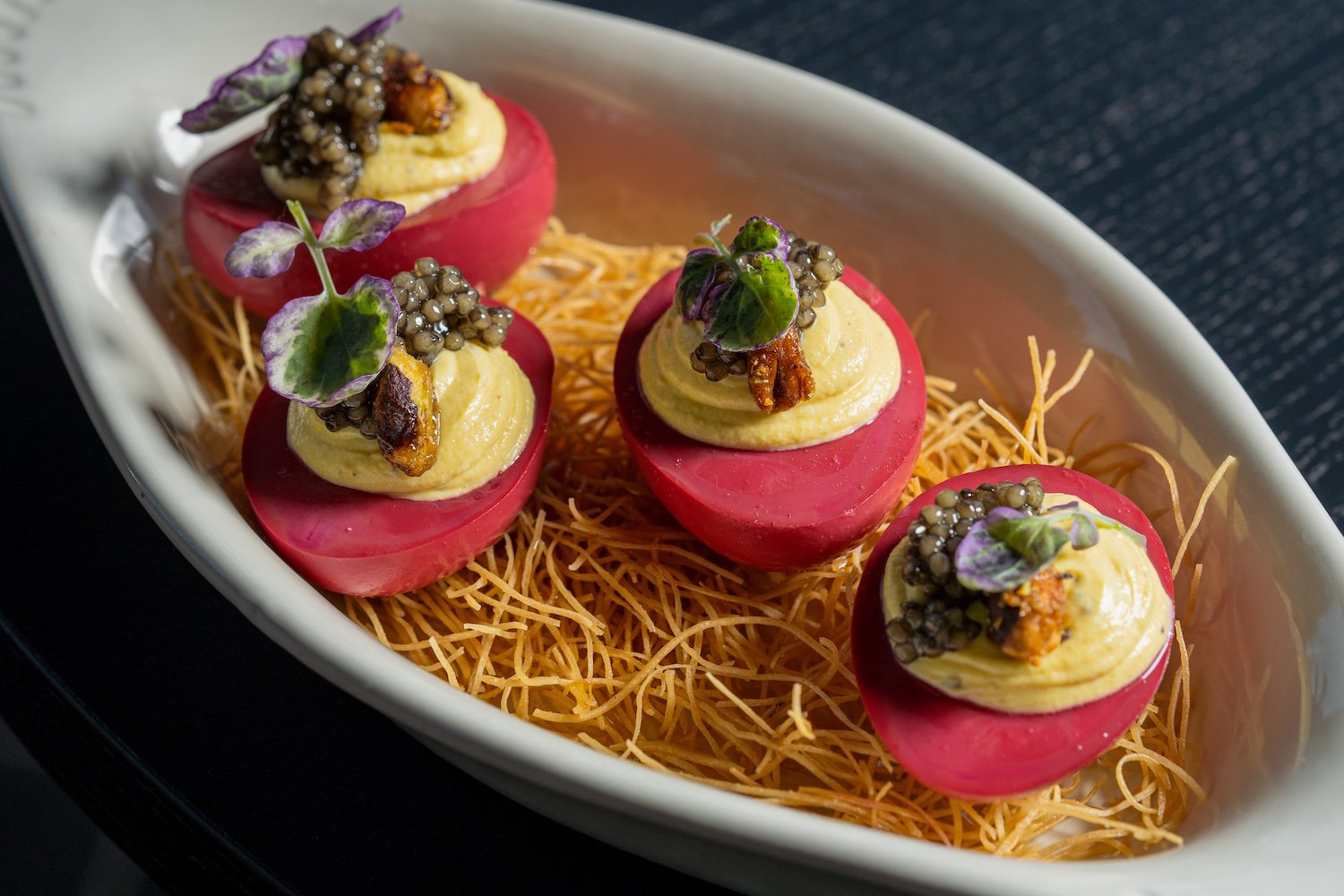
Beet- and hibiscus-cured eggs with praline mousse.
Cured in beets and hibiscus, Ponyboy’s deviled eggs (served on a bird’s nest of dried noodles) are the color of Crown Royal bags. Inside is a light, dreamy payload of traditional deviled-egg mousse whipped with pistachio praline, then topped with candied pistachios and a sprig of watercress. The flavors are incredible, and it’s a visual treat that looks like Easter around Salvador Dalí’s pool. The eggs do lose something with the psychedelic prettifying, though; either due to the curing liquid (salt dehydrates and hardens proteins) or because they’re a tad overboiled, the egg whites are vaguely rubbery. That said, if the ass-end of pencils tasted this good, I’d eat them with enthusiasm.
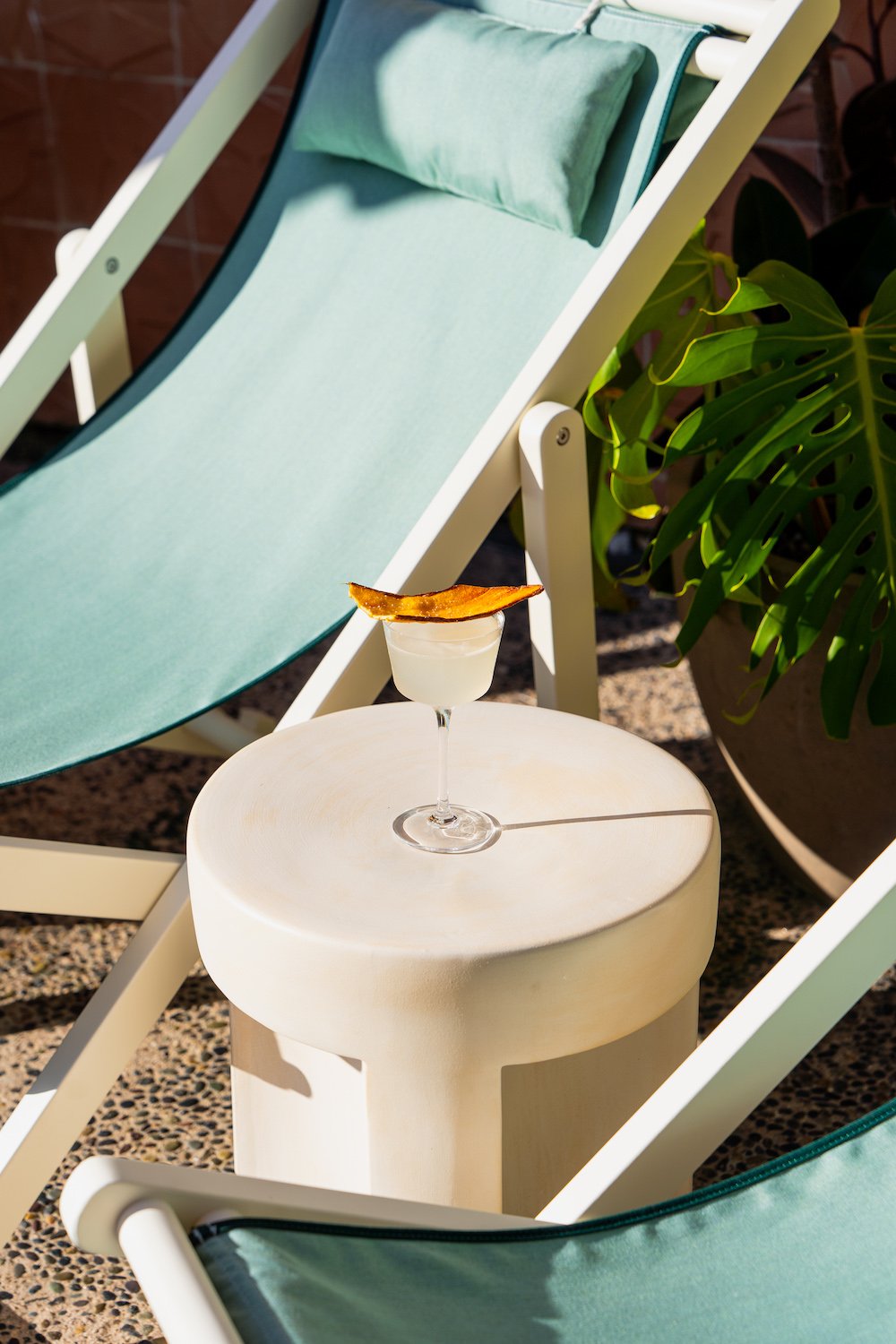
Is that a banana daiquiri like our ancestors drank in the ’60s? You bet your lead-laden lava lamp it is.
The drinks menu belongs at a backyard pool party to celebrate dad’s promotion to General Motors middle manager. It’s filled with dreamy tropicalism, which dominated cocktails in the ’60s because that’s when commercial air travel in the US took off.
People came back from trips to Hawai‘i and tried to replicate that mystical wonder through happy hours. Boozy tiki culture escapism was a guiding social light. So Ponyboy has banana daiquiris, Mexican Firing Squads, Singapore Slings, Bahama Mamas, and Pink Squirrels. Ian Ward is one of the most thoughtful, accomplished drinksmen in the country, so this ranks as one of the best poolside bars in the city now.
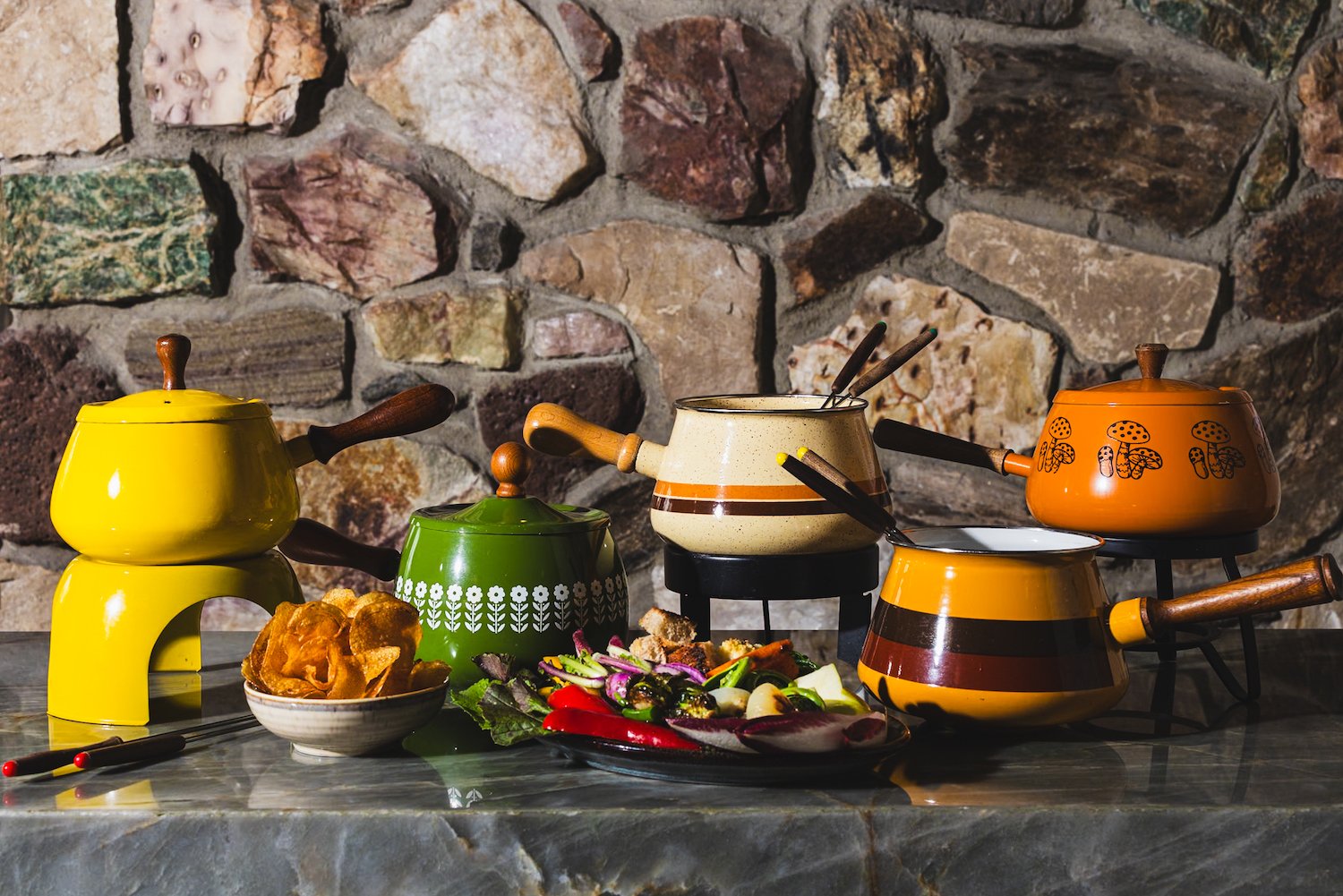
From the magical but never-used wedding gift archive: fondue for two.
The team pilfers the Great Receptacle of Unduly Ignored Wedding Gifts and brings fondue for two tableside—a large ceramic pot painted with grandmotherly love and burbling with gruyère, aged white cheddar, Parmesan, wine, and a touch of sodium citrate (science’s great contribution to cheese society, it helps fromage stay smooth), served with roast vegetable crudo and bread from the fantastic upstart Companion Bakery. It’s exactly as you think it might be. “Pot of cheese” is the culinary precursor to Xanax; it eases all moods (even if staring at the nutritional realities of that much burbling dairy does sting the Pilates part of you).
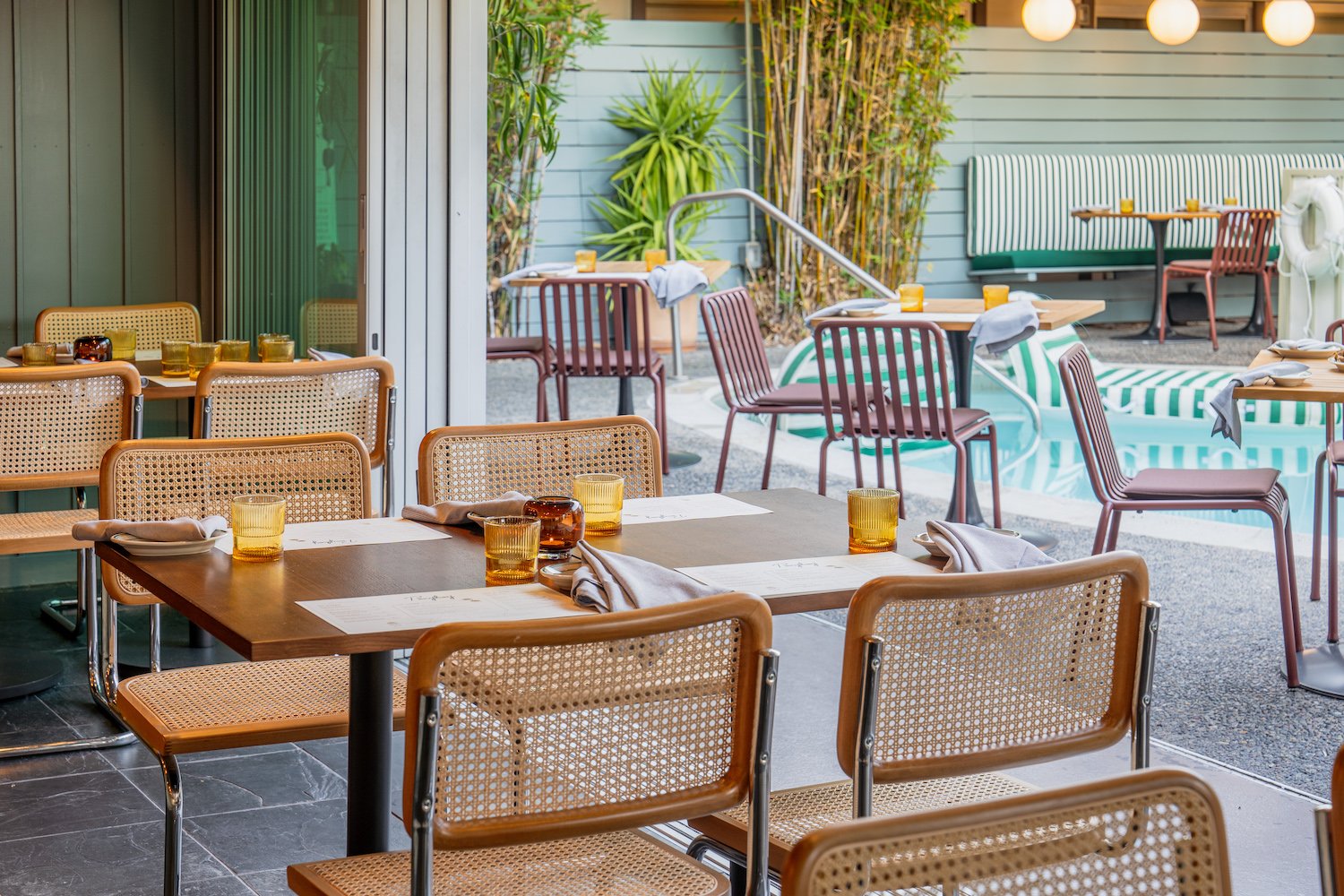
Wicker chairs were lovingly rescued from their wrongful imprisonment in design jail.
Ponyboy serves an ambrosia salad. The lack of fruit salads in modern America continues to be a gross injustice. Remember when we discovered fruit in the 1980s? Every self-respecting potluck and party had a fruit salad. Not having one was like not having a carving station at your brunch buffet or low-key disappointment at your gender reveal party.
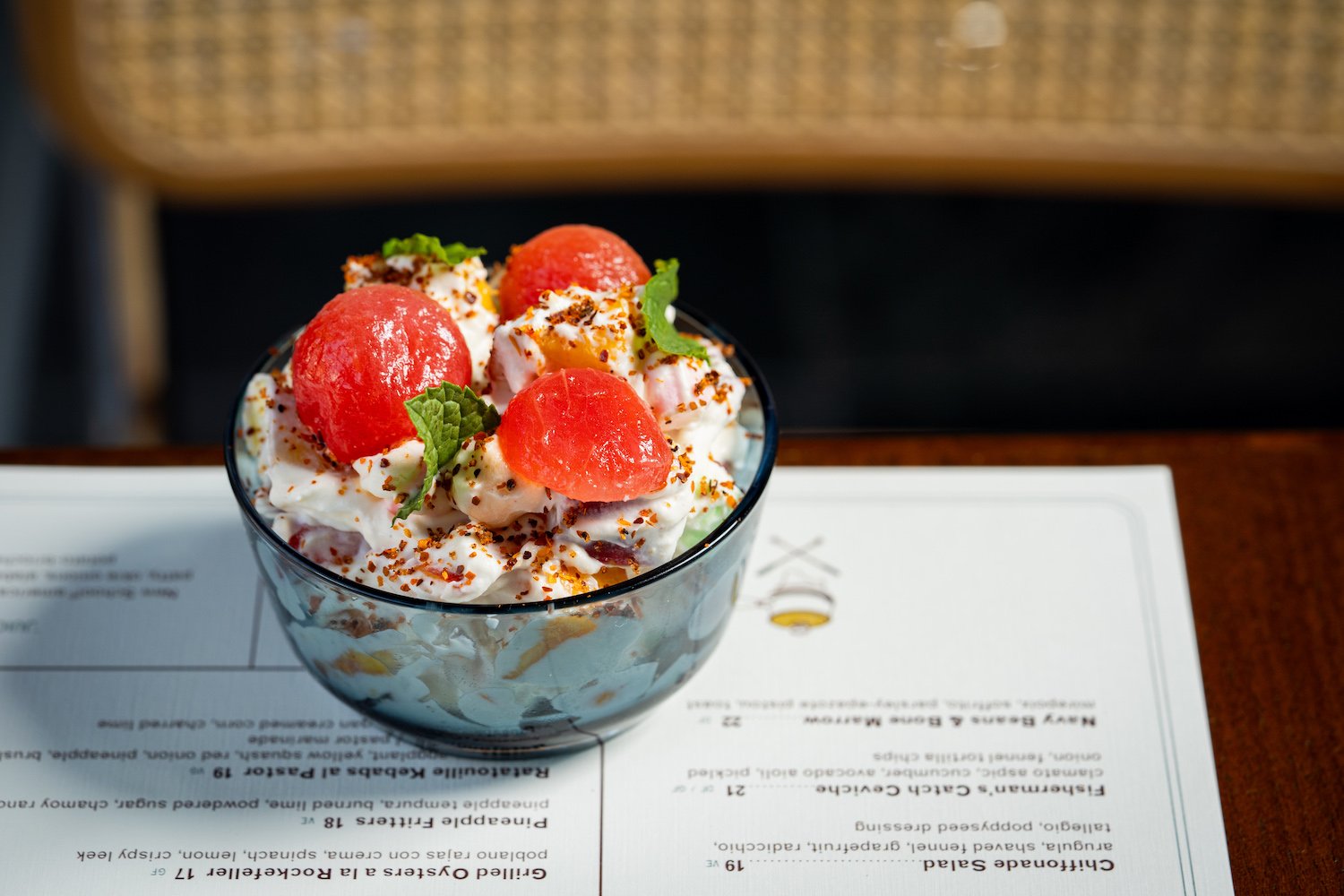
Ambrosia, food of the gods.
Ambrosia’s a classic Southern dish that showed up in the late 1800s when stores realized people would buy fruit despite the fact that it grows on trees. The original recipes were pretty much just three layers: orange slices, coconut, and sugar. In Greek mythology, ambrosia was the food that gave the gods their immortality. Without it, they became weak, and mortals would allegedly die if they ate the gods’ ambrosia. Old gods are brutal. Over the years, ambrosia got a bad rap because people made it like the lovably malevolent “fruit” “salad” that my mom brought to every party in the ’80s—just a bunch of fruit-in-corn-syrup cans dumped into a bowl with tiny, multicolored marshmallows… one part nature, six parts prediabetes.
Not in the business of slow-murdering my whole youth soccer team and their parents, Ponyboy’s recipe is different. The restaurant gives mandarins, fig, pomegranate, and coconut a light tossing in lime zest, melted marshmallows, Tajin, and mint. The fruit is in-season, with hints of chiles and herbs. What a treat.
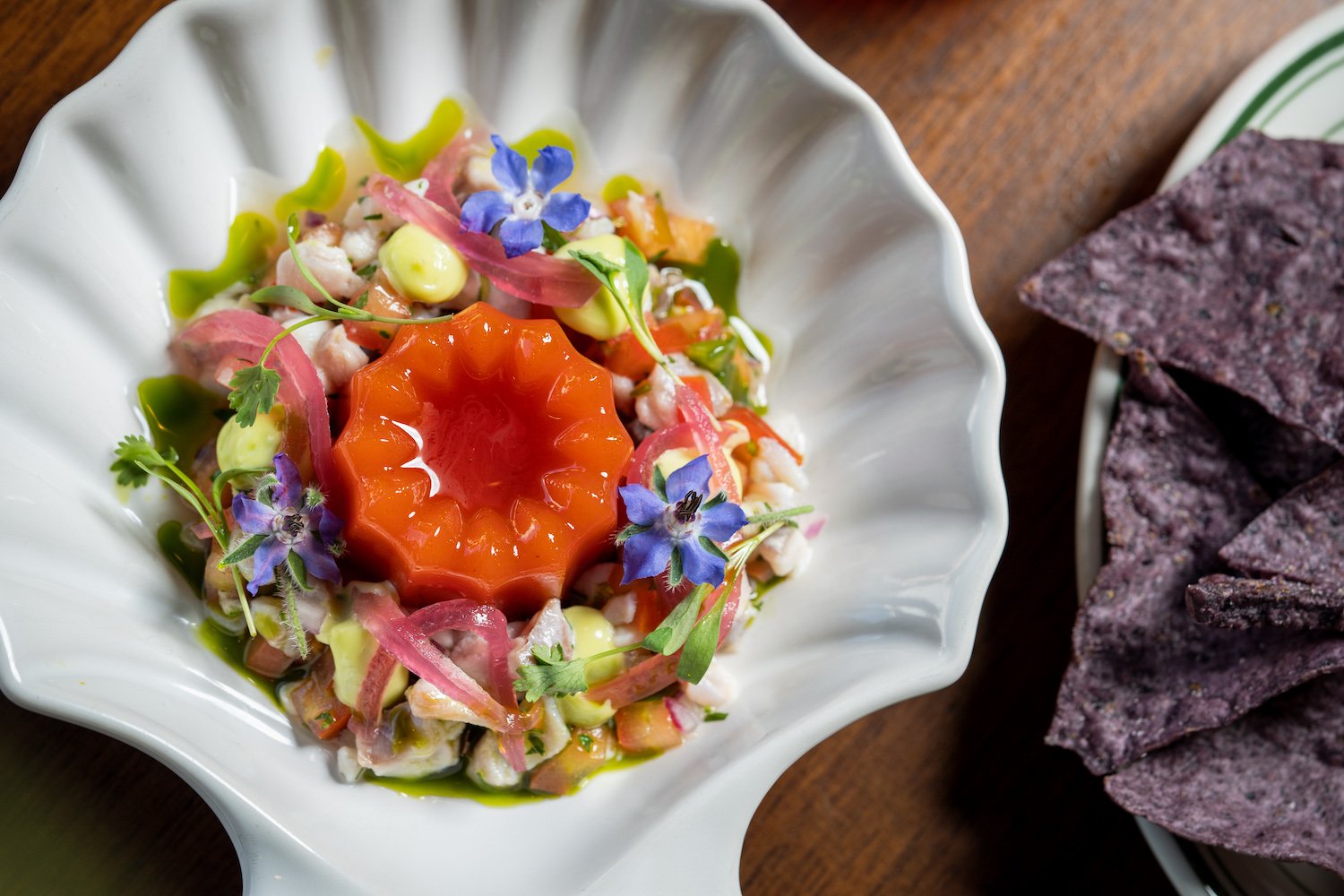
The fish used in the ceviche arrives daily across the street at Tunaville market.
If you’re going to do astronaut-glory-day food, Jell-O is required. It shows up as the centerpiece of the fisherman’s-catch ceviche (Ponyboy is one street over from the sportfishing docks, and star fishmonger Tommy Gomes brings over fresh arrivals from the dock behind his fish shop, Tunaville).
Admittedly, “seafood Jell-O” sounds like something they’ll serve on the last boat remaining after sea levels swallow life as we know it and the last chef standing is just trying to bring a little joy to the sopping-wet final bow of humanity (and managed to evade the aquapocalypse with some agar agar in tow). But it is excellent. The local catch of the day (rockfish, sometimes, or vermillion) is brined and cured in lime juice and tossed with pickled onions, avocado-chive oil, and borage flowers (a cucumber-esque edible). In the middle, molded in a canelé, is Clamato Jell-O (seasoned with charred shallots and cilantro). It doesn’t eat like a gimmick; it adds a fresh acidity and that famous texture. If you’re experiencing fear, think of it like the shrimp in your loaded bloody mary or remember the tons of other seafood dishes throughout history that have included a gelée.
The oysters “Rockefeller” should be called “Rajafeller.” They’re grilled, then loaded with Mexican rajas—roasted and stripped poblano peppers and crema with spinach, lemon, and crispy leeks. With all due respect to the iconic dish, this is far better and perfectly Californian.
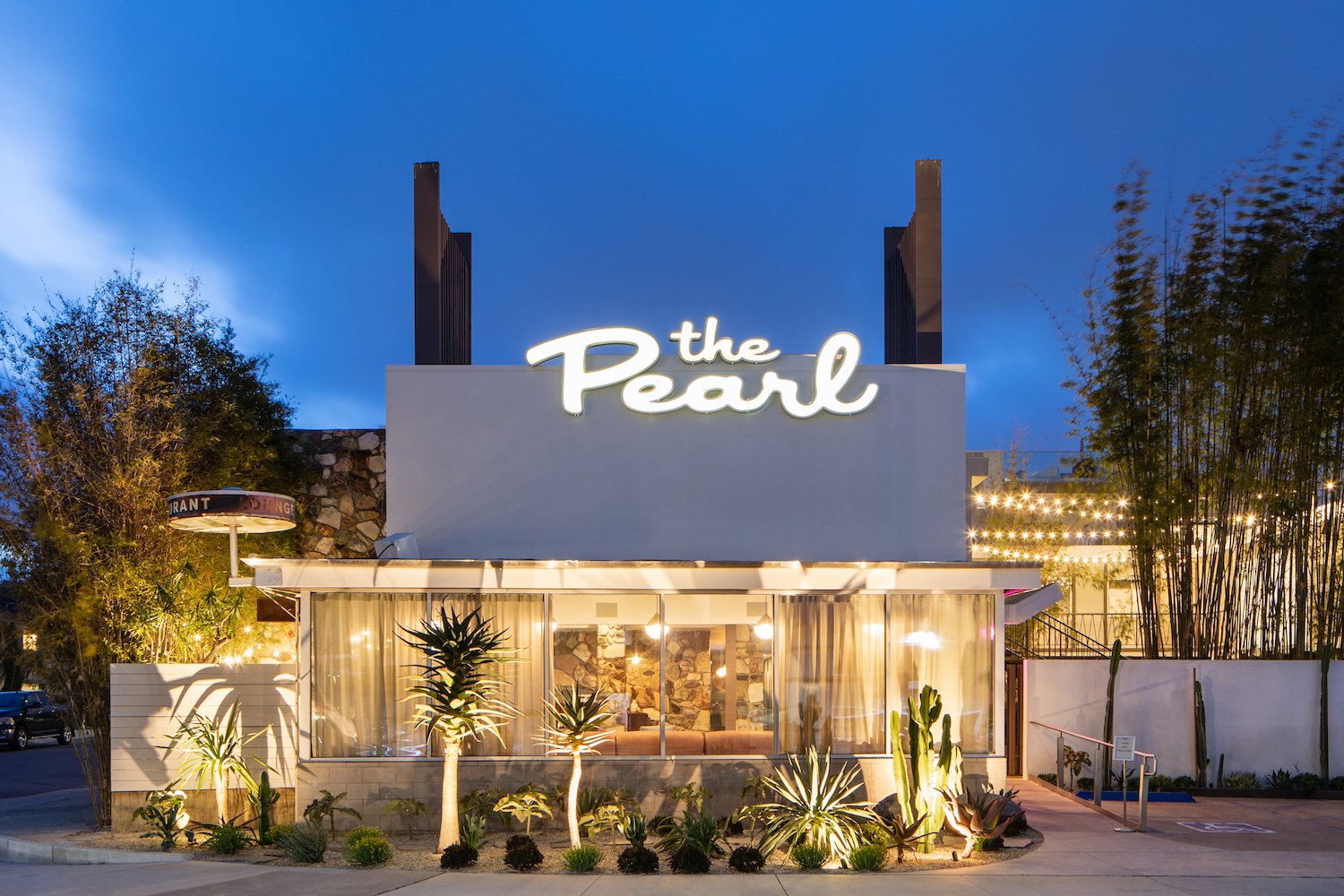
The restaurant’s home base, The Pearl, is what happens when your creative friends take over a motel.
Not all is flawless. Getting to the root of why the local tuna “casserole” unsettles me may require light therapy. Sashimi-size medallions of raw local tuna are seared and crusted with potato flour and plated with hot Parmesan tagliatelle and a tomato-tuna sauce (which is traditionally served in vitello tonnato). Maybe it’s because I was expecting a true casserole (which is dumb, given the playfulness of the group), and my disappointment about not getting a misshapen square of molten Betty Crocker doesn’t allow me to appreciate its deconstructed charms. Or perhaps the problem simply lies with this dish’s base phrase: “hot noodles, cold fish.”
The Baja riffing also takes the stroganoff into a wildly different planet than the classic dish.
The word “stroganoff” sparks a simian craving for meat, mushrooms, booze, broth, cream, and carbs—all hearty, bass-note flavors. At Ponyboy, a barbacoa rub brings sweet baking spices such as allspice and cinnamon to the party. It’s like expecting an everything bagel and only realizing it’s cinnamon raisin after you bite it: not bad, just jarringly misaligned with the dish you remember accidentally dripping onto Grandma’s crocheted tablecloth.
PARTNER CONTENT
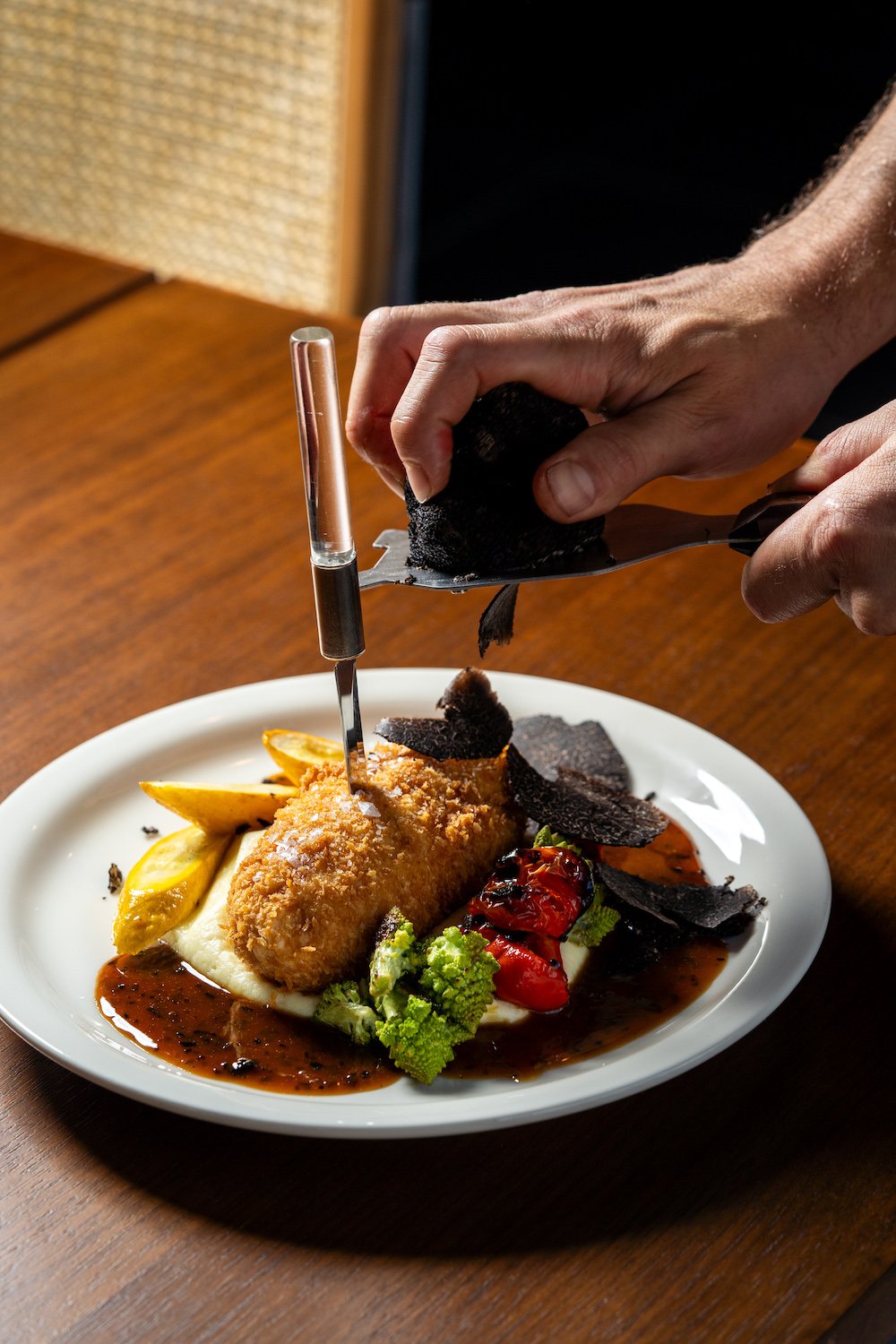
Ponyboy’s chicken Kiev is one of the best dishes you will eat in San Diego this year.
The undisputed star of Ponyboy’s show is the chicken Kiev, a dish once so popular that it was manhandled and reputationally destroyed by every cut-rate, dull-knifed diner cook. Ponyboy brines Jidori chicken breasts, pounds them out, then makes a truffle butter with real Perigord truffles. The chicken is wrapped around that compound butter to form a roulade, then it’s dredged in egg, flour, Dijon, and panko; deep-fried to a perfect golden brown; and topped with chives and a pipette of reduced chicken jus. It’s served over Robuchon potatoes with roasted veggies. It’s gotta be up for dish of the year.
If you’re going to lean into retro kitsch, lean hard. Get the tattoo. Ponyboy does, and the result is a hell of a good time, backed by some of the top food and drink minds in the game.
